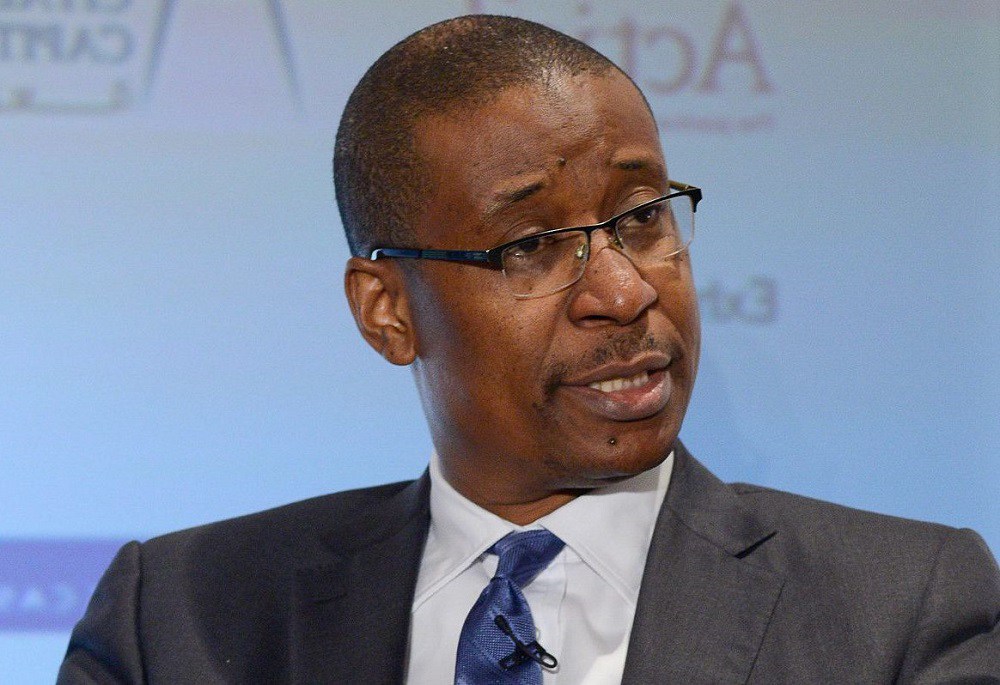The out-going President of the Nigeria Employers’ Consultative Association, Mr. Larry Ettah, has urged the Organised Private Sector (OPS) to be more vigilant in the way government is managing the nation’s economy.
This is even as Ettah, the immediate past Group Managing Director of UACN Plc, also warned against the nation’s relapsing into another recessionary trend.
He gave these cautious remarks at the 61st Annual General Meeting (AGM of the association held in Lagos.
He stated: “We have credibly discharged our role as the protector and defender of enterprise rights but the rising hostility of legislators against the private sector and the irrational tightening of the fiscal noose by the tax authorities have made it imperative for NECA to step up its advocacy strategy and deepen its resource to protect enterprise rights.”
The industrialist also urged member-organisations of NECA to maintain keen interest in key national issues that could impact on businesses, particularly the unending problem of fuel subsidy regime and increased insecurity.
Ettah decried the “opaqueness” in the funding mechanism of deregulation in the oil and gas downstream sector of the economy, lamenting that “government has not been faithful to its policy and the subsidy regime is back in a far more vicious form.
Expressing the association’s expectation of the need for government to be transparent in its management of this new subsidy dispensation, Ettah also bemoaned government’s misalignment of economic priorities, judging by the 2018 budget which, he said, was structurally defective.
According to him, the budget showed that recurrent expenditure as a percentage of total federal government expenditure stood at a staggering 69.2 per cent, an increase from 68.27 per cent in 2017, adding that “expenditure pattern is a clear indication that government is yet to accord the issue of infrastructural improvement the importance it deserves through adequate fiscal support.”
He expressed concerns over ‘possible unsustainable’ rising cost of servicing the country’s huge domestic and external debt, which the 2018 budget put at N2.233 trillion or 33.80 per cent of the total expected revenue of N6.606.89 trillion.
The industrialist expressed concerns that this structural defect could lead Nigeria back to the pre-debt relief period.
As a palliative measure, he canvassed: “We encourage efforts to improve non-oil revenue generation as the most realistic way to reduce the debt service/revenue ratio, as articulated by the Economic Recovery Growth Plan.”






